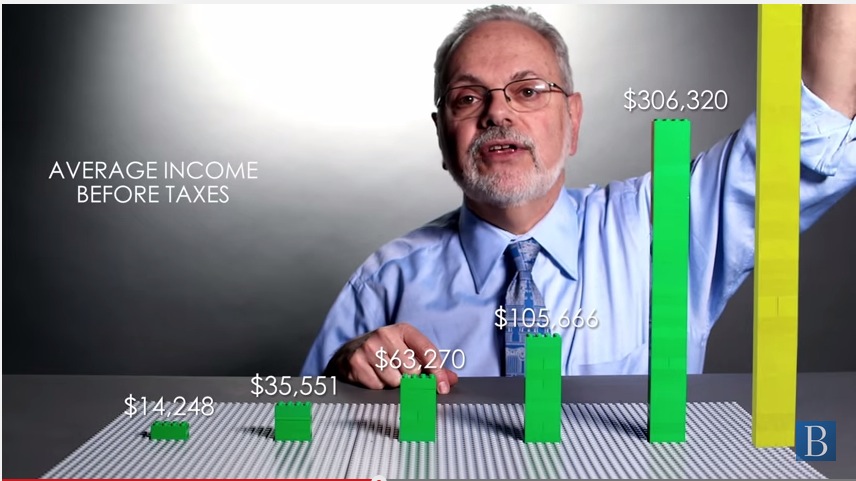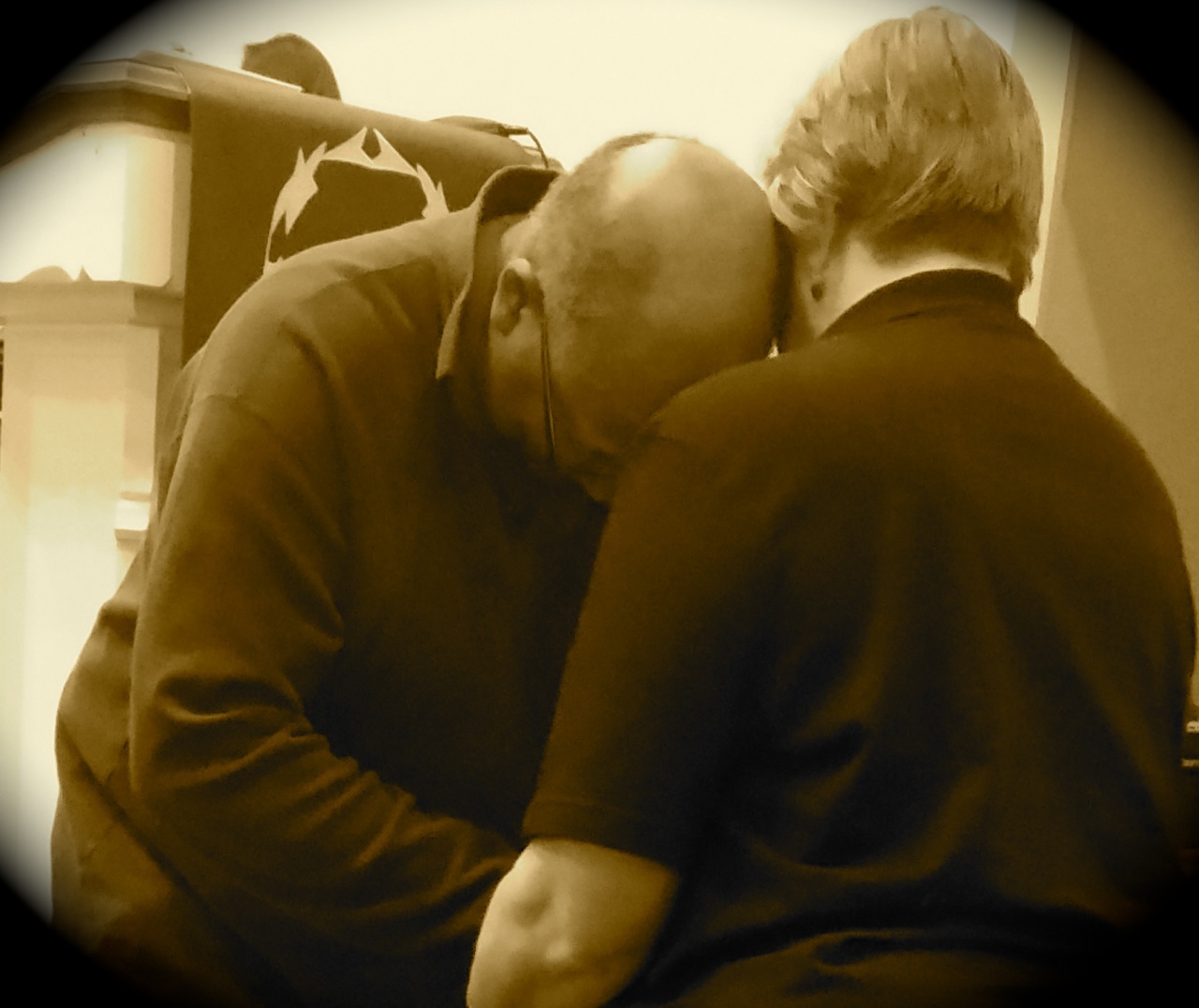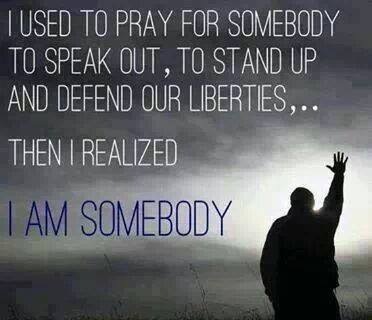This week we participated in the UMC Special Sunday for Native American Ministries. You can still make a donation through e-giving or sending a check to Hillsdale UMC. Remember to note on your donation "Native American Ministries" or "Special Sunday Donation".
Here is just a sample of what you can find at the UMC General Board of Church & Society website on the topic of Native Americans and United Methodism.
FAQ: Native People and United Methodism
Connections on the Hoop: Native people and United Methodism
There are over 18,000 known Native people in The United Methodist Church. The largest group are members within the Oklahoma Indian Missionary Conference, but Native United Methodists and ministries may be found from the tip of Florida to Alaska. Native people serve the church in every capacity: laypersons, seminary professors, district superintendents, conference directors, employees of general boards and agencies, Christian educators, lay missioners and pastors. Native churches have the highest percentage of female pastors in the denomination.
Which is proper: Native American or American Indian? Either is acceptable. In The United Methodist Church we generally use Native American/Alaskan Native in official publications. Most Native people in the lower 48 states still call themselves "Indian". Some prefer to be tribally specific, such as " I am Hidatsa". The term Native American was developed to include American Indians and Alaskan Natives together. In Canada, Native people are called Aboriginal People, or Natives. Currently, the word Native is used to describe the collective indigenous population of North and South America.
Why do we observe Native American Sunday? What makes Native people special? Within the Body of Christ, every person, every culture has unique gifts to refresh the Church. The contributions of Native people, as individuals and groups are not more important than the contributions of other Christians. Native people, however, are among the poorest and most marginalized of society and also the Church. The unfortunate fact is that people without "power” of wealth or social status tend to be overlooked.
There are over 554 federally recognized (those with nation-to-nation status with the U.S. federal government) Native tribes, nations and villages in the United States. This does not include state recognized tribes, or those in the process of recognition with states or the federal government. In addition to these, there are over 500,000 people of primarily Native blood who are ineligible for tribal membership for one reason or another. Add these to the numbers of indigenous people from Central and South America and Canada, and one gains a picture of the complexity of cultures and backgrounds that represent Native people in the United States and The United Methodist Church.
Most tribes still retain unique language, culture, religions, government and a physical tribal home. Some have lost original languages and many customs, but have retained a sense of identity as a people. There is simply no one "Indian" way of thinking, feeling, or worshipping. In order to become aware of Native people, one must be intentional in the process of ministering to them.
Native American Ministries Sunday affords the opportunity of Native and non-Native United Methodists across the denomination to become aware of the lives, gifts and ministries of Native people. Conferences are encouraged to develop ministries for and with the Native people who live within them. It also allows Native people the opportunity to fully participate in the life of the conference. They cannot do that unless we, the Church, know who they are.
Proceeds from Native American Ministries Sunday offerings support Native ministries within conferences, provide educational assistance for Native Americans in the form of scholarships, and assist with the establishment of urban Native ministries.
This article and more can be found at umc-gbcs.org/faith-in-action
Respond to this blog, or contact me directly, with your thoughts, ideas, and concerns about social justice in the Pascack Valley region.
In Christ's Peace, Lisa










